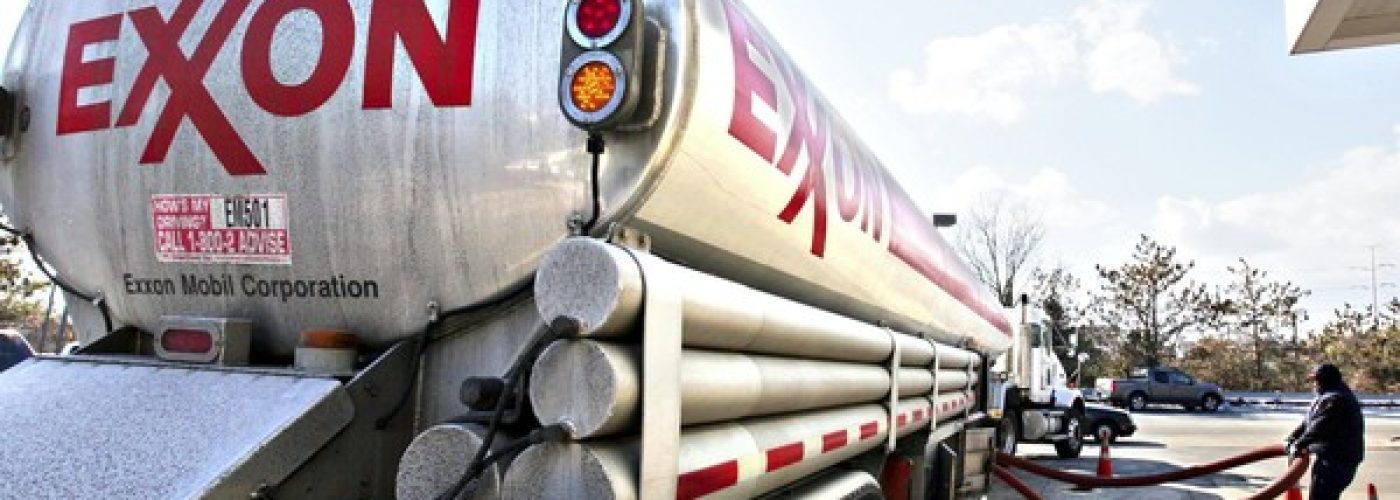 ©AP
©APThe net debts of the largest Western oil companies have surged by a third over the past year, increasing their vulnerability to another fall in oil prices.
The aggregate net debt of the 15 largest North American and European oil groups rose to $383bn at the end of March, up $97bn from 12 months ago, according to company reports compiled by Bloomberg.
Oil companies’ revenues have slumped as a result of the crash in crude prices that began in the summer of 2014. Although they have cut capital and operating costs sharply, most of them have had to borrow to finance their investment programmes and dividend payments.
The debt surge was particularly sharp in the first quarter of this year, when oil prices dropped to a low of about $27 per barrel.
Although interest rates are near record lows and oil prices have since recovered, ending last week at about $49, the increased indebtedness of the industry means it will face greater difficulties should oil prices slip back again.
That would be likely to mean more job losses and investment cuts, as well as possibly dividend cuts and more defensive mergers and acquisitions.
Part of the increase in oil debt over the past year is accounted for by the $19bn cash component of Royal Dutch Shell’s acquisition of BG Group. But all the large companies have reported sharp increases in their borrowings.
ExxonMobil’s net debts rose to $38.3bn at the end of March from $27.6bn a year earlier, while BP’s rose to $30.6bn from $24.6bn over the same period.
The rising debts and lowered expectations for future oil prices have prompted many credit rating agencies to downgrade oil companies, with Exxon last month losing its triple A grade from Standard & Poor’s.

Although the rebound in oil prices is improving companies’ cash flows, and they are continuing to bear down on costs, they are still under financial strain with crude at present levels.
Jason Bloom, director of commodity research at Invesco PowerShares, said: “Prices at these levels are a big problem, not just for the smaller exploration and production companies, but also for the majors.”
Although ConocoPhillips in the US and Italy’s Eni have cut their dividends, most of the largest US and European oil companies have committed to maintaining their payouts to shareholders, limiting their ability to invest in future production.
Philip Verleger, an energy economist, said: “The big companies that have been investing in high-cost projects like Kashagan [in Kazakhstan] or the deep waters off Brazil are going to be forced to cut back their investments to pay back their debts and cover their dividends.”

That pressure has been reflected in oil companies making strategic shifts, such as Chevron’s move away from large developments that can take many years and billions of dollars to complete, towards smaller more flexible projects. BP has similarly said it is pulling back from expensive frontier exploration that can take a decade or more to pay off.
In contrast, the total net debts of the midsized US exploration and production companies that led the shale revolution have been stable over the past year, as banks have pulled back from lending to them.
This year, in spite of a strong rebound in high-yield energy debt prices since February, there has been very little junk bond issuance by US exploration and production companies.
Parsley Energy’s $200m bond sale last week was the first high-yield offering from a US exploration and production company in 2016.
Copyright The Financial Times Limited 2016. You may share using our article tools.
Please don’t cut articles from FT.com and redistribute by email or post to the web.





